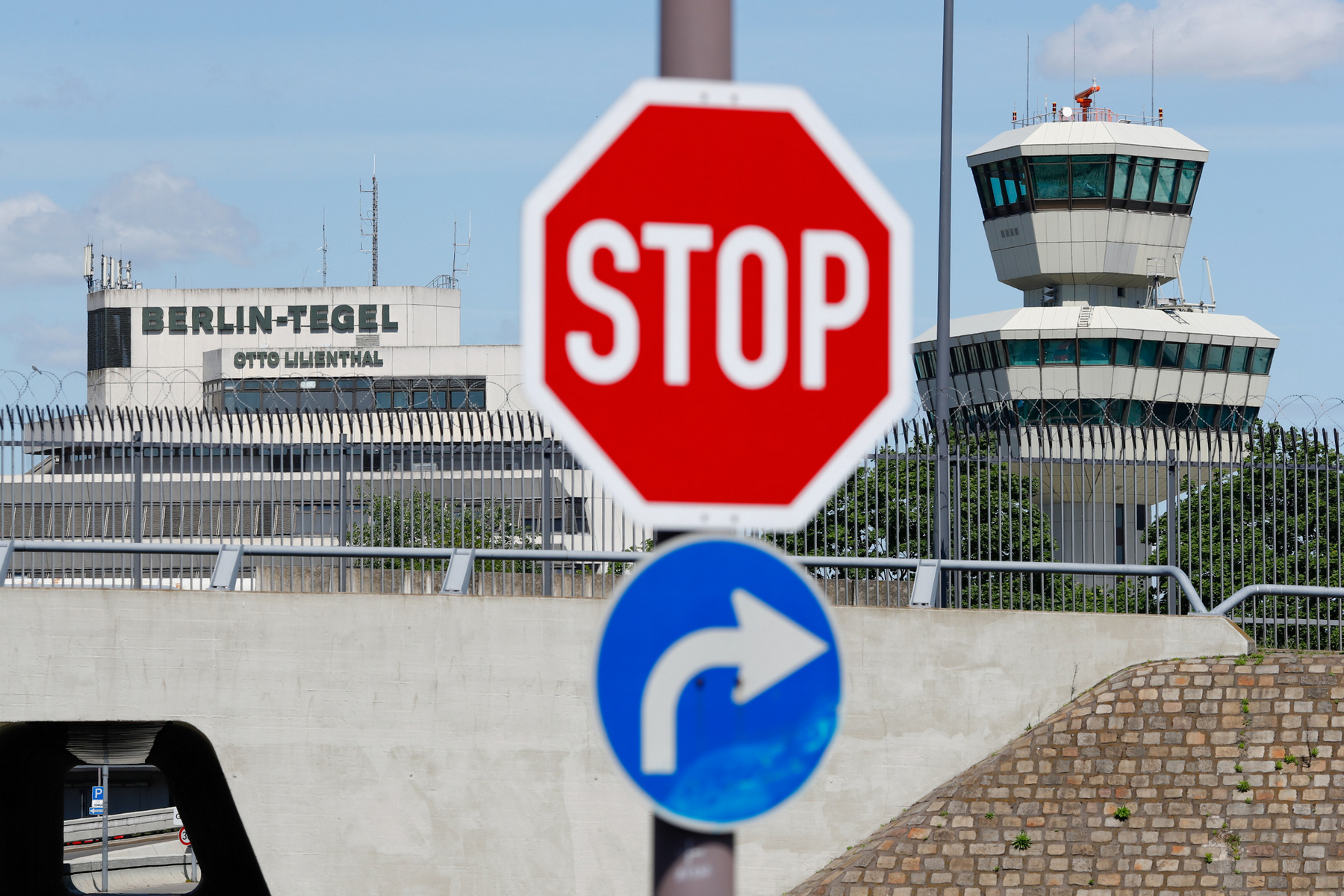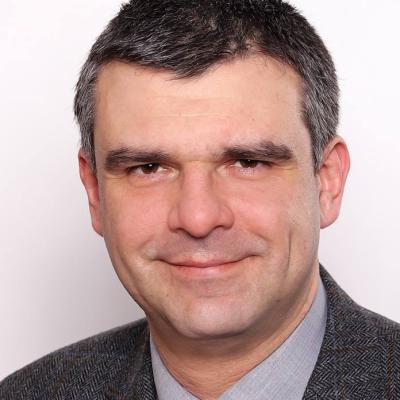Debates about the expediency and effectiveness of EU sanctions against Russia have not abated in Germany over the past six years. Though they do not make headlines in the German information space, they are still quietly at large. Before, these disputes touched upon economic, geopolitical or even domestic political affairs. Now a humanitarian aspect is there too. This theme has come to the fore amid the COVID-19 pandemic and due to a change in Moscow’s paradigm. In 2018, Dmitry Medvedev was arguing that trade and economic restrictions ‘contributed to Russia’s self-fulfilment and development’. In April 2020 it was Medvedev who suggested ‘relations should be cleared of sanctions against the backdrop of the pandemic’. The Kremlin’s appeal to ease or lift sanctions due to the current humanitarian situation was voiced at the meeting of the G-20 states and at the UN forum. And it was publicised by German-language Russian state-owned media outlets. Did the appeal resonate with the German public? Will Berlin change course on sanctions?
Familiar faces
Former Chancellor Gerhard Schroeder is known for being the main lobbyist for close relations between Russia and Germany. In a May interview in Tagesspiegel he called the sanctions ‘pointless’, suggesting Moscow would never let go of Crimea anyway. He presented a series of arguments which included the traditional economic and geopolitical justification for lifting sanctions (the importance of Russian energy resources; keeping Russia as part of Europe; preventing its drift towards an alliance with China) as well as a new coronavirus-related rationale.
A similar line of argument came from Matthias Platzeck, a former Minister President of Brandenburg and now Chairman of the Russian-German Forum. His book We Need a New Eastern Policy: Russia as a Partner was published by the prestigious Ullstein publishing house in mid-March. The book was written before the epidemic and contains the conventional set of arguments: Russia needs understanding; the West is to blame for ignoring Moscow in the 1990s; the West applies double standards; the sanctions are useless. Direct references to the context of the pandemic could be observed during media coverage of this publication.
Additionally, two parties represented in the Bundestag are in favour of lifting sanctions against Russia: the Alternative for Germany (AfD) and the Left. That is, the far-right and far-left flanks of the German parliament. The German-language version of the Russian Sputnik News published an interview with Robbie Schlund, an AfD MP and an adamant Kremlin supporter. Schlund demanded that ‘sanctions against Russia be lifted immediately’. He claimed ‘the coronavirus crisis has demonstrated Russia’s solidarity and empathy within the international community’. And that Russia ‘does not focus on sanctions and conflict escalation but peace and cooperation’. The pro-Kremlin forces within the Left Party faction have strengthened their position. In February Stefan Liebich, a representative of the Left’s pragmatic wing, unexpectedly left his post as the group’s Bundestag spokesperson for foreign policy (aka the Left’s shadow foreign minister). His post was taken by party veteran Gregor Gysi. At the same time, Andrej Hunko became Deputy Chairman of the Left faction. Hunko is known for his penchant for the Russian leadership. He even visited the so-called Donetsk People’s Republic and was photographed with its then-leader Alexander Zakharchenko. It was Hunko who became the mouthpiece for lifting sanctions against the backdrop of the current pandemic. He voiced his proposal at parliamentary hearings.
Germany’s business lobby has largely been in favour of lifting sanctions. The Federal Association for Economic Development and Foreign Trade supported Schroeder’s call ‘in times of crisis’. The German Eastern Business Association (OAOEV) commissioned a large survey on Germans’ attitudes towards Russia as a business partner from the Forsa Institute, one of Germany’s leading market research and opinion polling companies. The opponents of sanctions will be happy with the results. The majority of respondents recognise the need to tighten EU-Russia economic relations. A majority even supported the idea of a common economic space from Lisbon to Vladivostok. They disapprove of the American sanctions and agree that Nord Stream 2 should go ahead despite US resistance. Russia is perceived as a reliable partner in all sectors, from energy supplies to the hydrogen economy and environmental initiatives. The survey was conducted in March after the introduction of early prevention measures in Russia and the EU (the first question probes Germans’ attitude to the restrictions on entry of German residents imposed by Russia). The survey results were published in April and have been publicised on the websites of German industrial associations and chambers of commerce.
Outsiders’ window of opportunity
Besides the major political actors, there are dozens of medium and small parties at the federal and regional level. Most do not have a well-developed local branch structure or are not even represented on municipal councils. They tend not to form an extensive manifesto on all key foreign and domestic policy issues. The debate around sanctions is an opportunity for them to step into the spotlight. The German Communist Party (DKP) is an example of this. Before the 1990 reunification, the DKP was the largest political force among the non-parliamentary parties in West Germany, to the left of the Greens and the SPD. The party was controversial; it was under investigation for getting funding from East Berlin. With the emergence of the successors of the East German Communist Party (SED GDR), and the establishment of the Party of Democratic Socialism (PDS) and the Left Party, the DKP was reduced to the role of a marginal player. The largely unsuccessful party can boast a network of regional sites, its own newspaper and close cooperation with other extreme left-wing media outlets. These outlets often have neutral names that disguise their political orientation. In April, the DPK filed a petition to the Bundestag to lift all sanctions against Russia, Cuba and Venezuela. The petition claimed they ‘impede the fight against the pandemic, exchange of medicines, aid and specialists’. The petition got over 7,000 online signatures.
The federal stance
Top German officials and politicians do not see the lifting or easing of sanctions as part of today’s agenda. Officially, Berlin tries not to get involved in a new round of discussions; but it does give unambiguous comments if necessary. On April 20, German Foreign Ministry spokesperson Christopher Burger presented Berlin’s stance on the UN Secretary General’s proposal to lift the sanctions. He reiterated twice that the proposal was ‘first and foremost a reflection of the position of the Russian government’. He went on to say that ‘sanctions are not an end in themselves anywhere in the world’ and that they ‘serve the purpose of achieving certain political goals if other means prove ineffective, for example in situations where human rights are blatantly violated or as a reaction to the annexation of Crimea in violation of international law’. Burger explained that retention, lifting or easing of sanctions depends on progres toward achieving the sanctions’ goal.
Dirk Wiese from the SPD, the Coordinator for Intersocietal Cooperation with Russia, Central Asia and the Eastern Partnership Countries, did not turn a blind eye to the book by Platzeck, also an SPD member. His review was published in the party’s Vorwärts newspaper. In it, Wiese stressed the importance of dialogue with Russia. Yet he made it clear Berlin had no intention of revisiting its foreign policy priorities. As Wiese put it, Eastern policy ‘is not just policy towards Russia’, including sanctions policy; it is part of pan-European policy, including ‘more active involvement of the states located between Berlin and Moscow’.
Discussions without consequences
Some German forces are interested in lifting sanctions against Moscow. Or, they would like to see trade and economic restrictions reduced to a minimum, where they remain only as symbolic measures. Former and current politicians, public figures and business representatives pursue their particularistic interests and do not act in unison. Proponents of anti-sanctions rhetoric have not been pushed to the side-lines; they are capable of conveying their views to the general public. For example, Platzeck has been active commenting on his book in many German media outlets spanning social-and-legal, liberal and conservative ones. The coronavirus pandemic added another dimension to these debates and provided sanctions opponents with new arguments. Still, the federal government seems reluctant to take steps to lift or ease the sanctions. It also refrains from initiating such steps at the EU level. Berlin and Brussels have other priorities and pressing problems. Both politically and strategically, Germany is not ready to change its mind on the 2014 status quo.










